The warning signs of a stroke, and who's at risk
Facial weakness, a sudden headache and dizziness can all be signs of a stroke, we've got the facts from an expert.
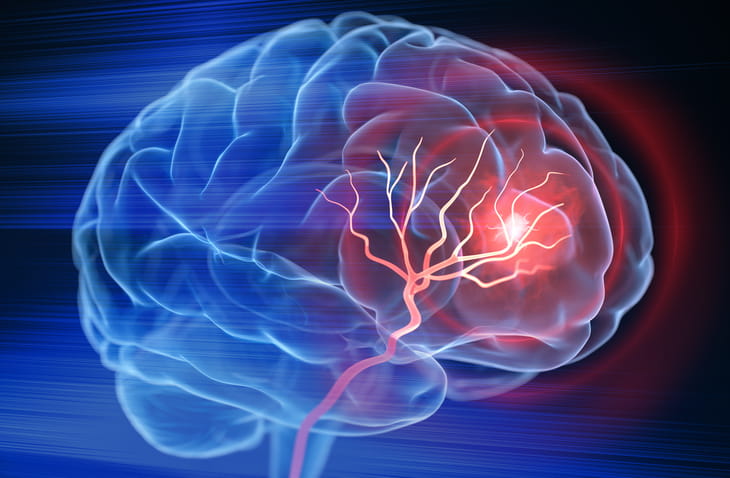
Facial weakness, a sudden headache and dizziness can all be signs of a stroke, we've got the facts from an expert.

In the UK, statistics indicate that someone experiences a stroke every five minutes, with approximately 100,000 occurring every single year. Researchers suggest that the incidence rate is increasing – driven in part by lifestyle factors and an ageing population – and will continue to do so.
With strokes being the fourth leading cause of death in the UK, it’s more important than ever to be aware of what the signs are to make sure you can seek medical attention immediately.
Cognitive rehabilitation therapist Natalie Mackenzie explains who's most vulnerable, what to look out for and how to minimise your risks.
Simply put, a stroke occurs when the blood supply to the brain is cut off, resulting in cell death. This affects the way your brain communicates with your body, leading to several consequences. Strokes can strike at any time, and affect anyone, but keeping yourself healthy and fit can reduce your risk.
Several things can increase your risk of strokes. The highest single risk factor is high blood pressure and even small changes to high BP can make a big reduction in your risk of stroke.
Other factors can include diabetes, high cholesterol, smoking, heavy alcohol consumption, family history and smoking.
Migraines, especially migraines with aura, are also linked to an increase in stroke risk.
Strokes occur more frequently in certain groups of people – if you're south Asian, African or Caribbean, your risk is higher, partly because rates of diabetes and high blood pressure are increased in these groups.
Women also have additional risk factors – in particular during pregnancy, or taking certain oral contraceptives.
Migraine affects more women than men, and an increased risk of stroke is linked to migraine with auras.
If you are concerned it's best to talk this through with your doctor.
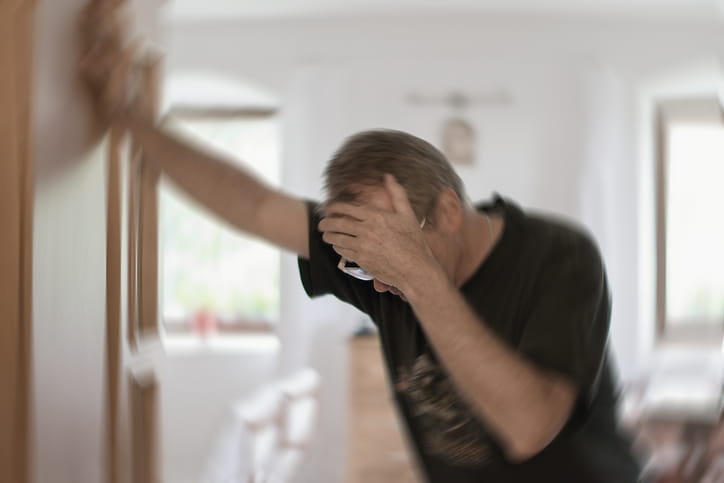
The acronym FAST is the most common acronym to learn to ensure you know when to call 999. But there are also other factors to consider as potential symptoms, which is why I prefer the acronym BE FAST. Let’s break them down.
There are other red flags you need to be aware of too, including: sudden weakness or numbness on one side of the body; sudden and severe headaches; sudden confusion or memory loss and sudden dizziness or falls.
You can help reduce your risk of stroke by ensuring you attend regular GP check ups as you get older, to ensure any changes in your body can be identified and managed.
Follow the guidance on a healthy lifestyle, including not smoking, staying within a healthy weight, eating a healthy diet and being active. It's also a good idea to take any medication you're prescribed, especially if it's for a condition such as diabetes, high blood pressure or atrial fibrillation, which can all increase your risk of stroke.
If you experience any symptoms of BE FAST or witness anyone experiencing them, even for a short time, call 999.
Immediate medical attention is critical. The sooner an affected person receives treatment for a stroke, the less damage is likely to happen.
Hero image credit: Peterschreiber.media
Natalie Mackenzie is a cognitive rehabilitation therapist who has 20 years of experience in supporting families with brain injuries, such as strokes. She also supports individuals with fatigue and offers cognitive assessments.
View author page

Get 3 months free, plus a £125 Totally Rewards Wellness Gift Card when you start a new policy by the end of 19 February 2026. T&Cs apply.
Underwritten by Bupa Insurance Limited.

For a limited time, enjoy 3 issues of Saga Magazine for just £1. Receive the next 3 print editions delivered direct to your door, plus 3 months’ unlimited access to the Saga Magazine app—perfect for reading on the go.
Don’t miss your chance to experience award-winning content at an exceptional price.

Are you retiring at the wrong age? The best age to retire for your body, brain, happiness and pocket.
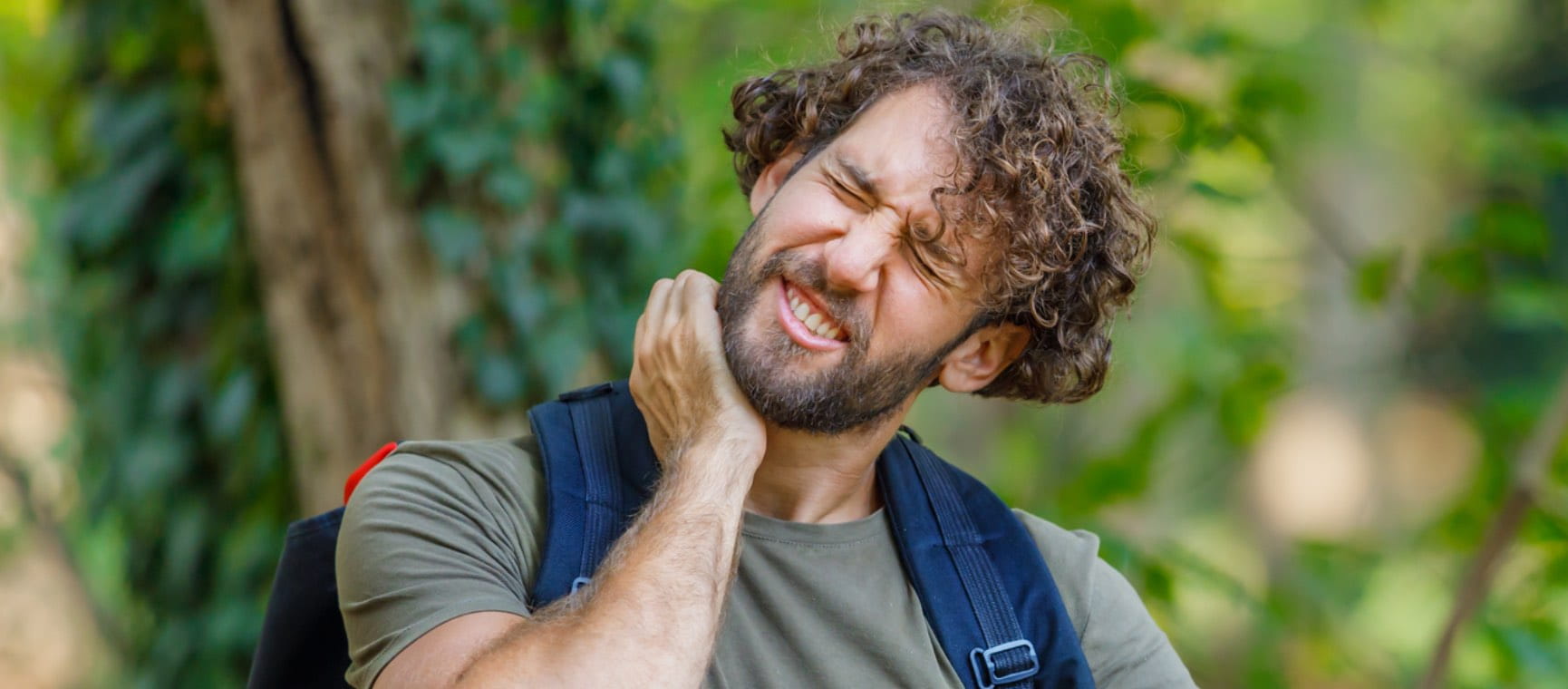

Everything you need to know about the lung infection, and how you could be ill with “walking” pneumonia without realising it.
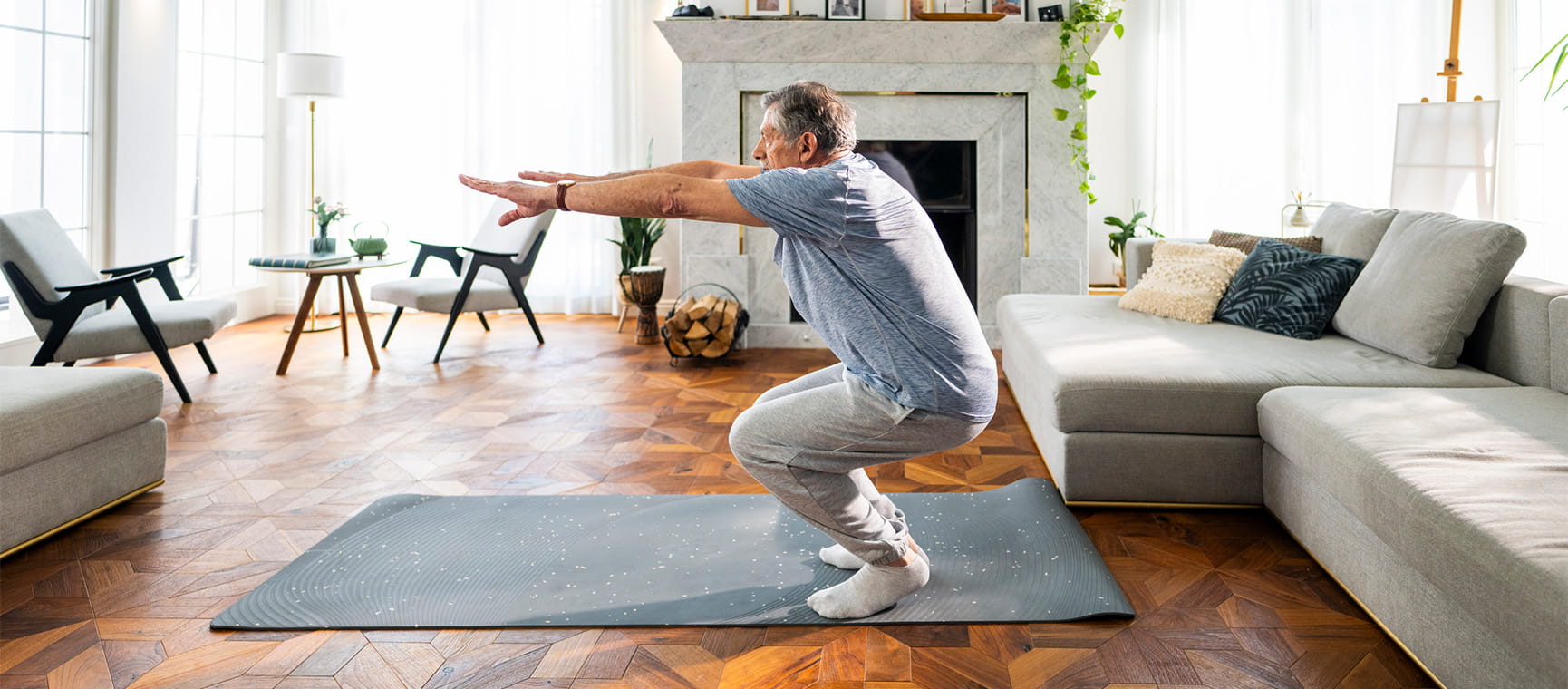
Strong calves for a strong mind: how they support our circulation and brain health, with easy moves to strengthen yours at home.


Our GP Dr Mark Porter explains what can cause itchy skin, which is a common problem as we get older.

Worried you’ve morphed into Victor Meldrew? Find out how to battle that bad mood, and what to do if you’re stuck with a grouchy loved one.

The benefits of heat and cold therapy, and how Nordic bathing won over our nervous writer.

Here’s how to spot the symptoms of heat disease and reduce your danger.

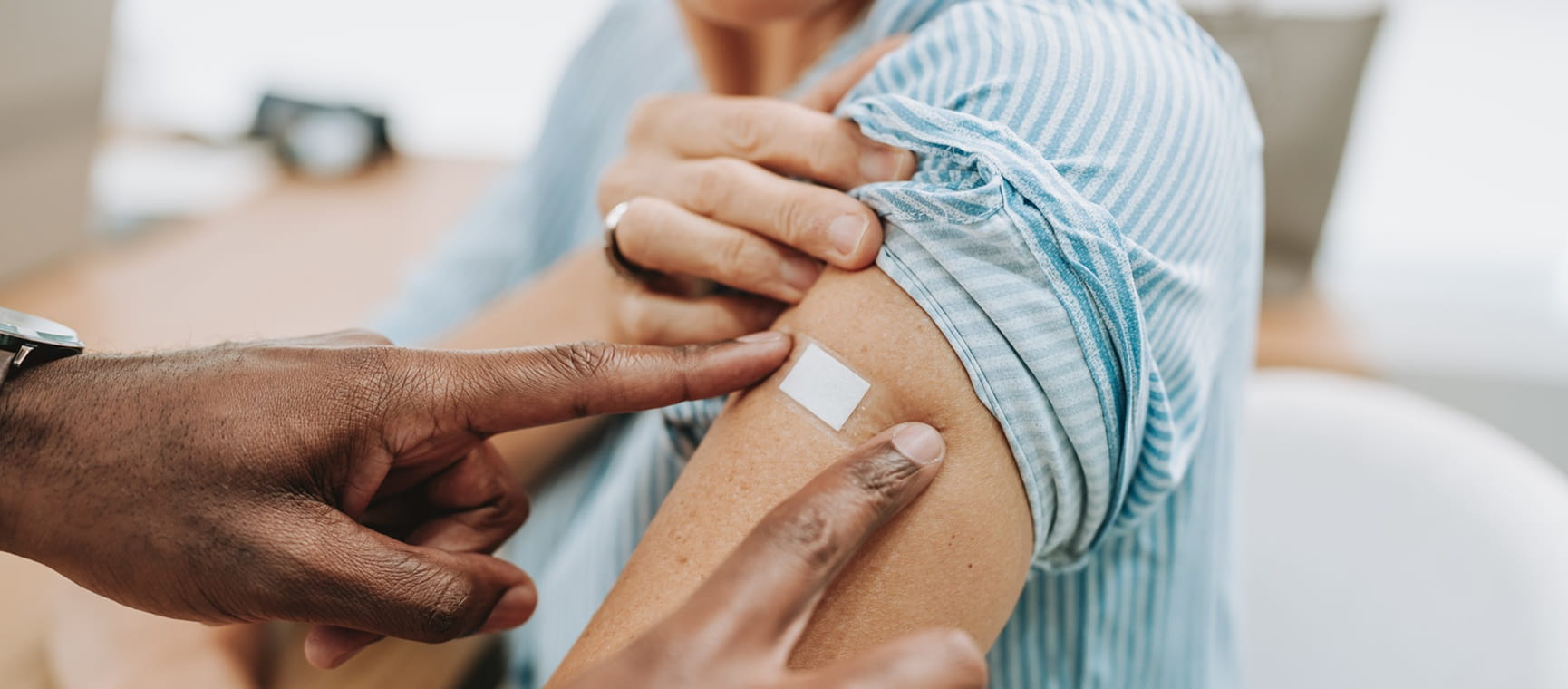
The NHS winter vaccination campaign kicks off next week. Here’s the lowdown on what you need to book.

Pilates for back pain – what to do if you are suffering, and five gentle exercises that could help.
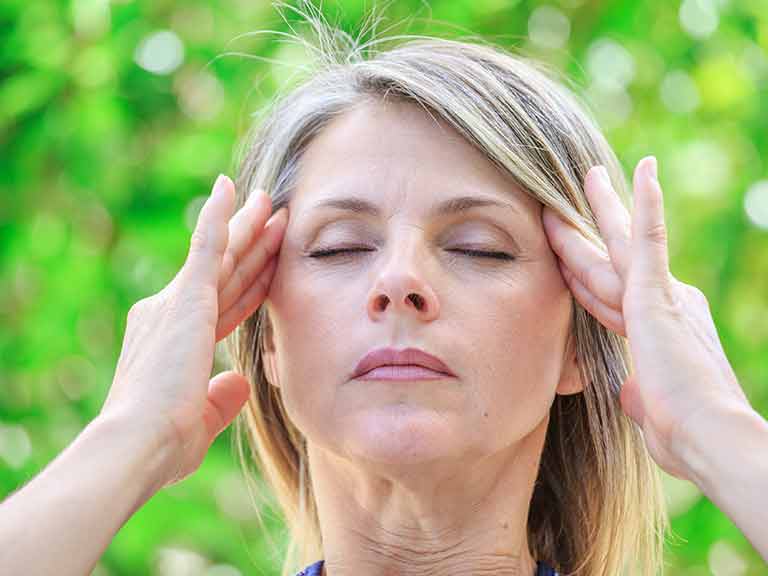
Dizziness or vertigo: a sensation of spinning, can stop us doing everyday things for fear of falling. Try these tips to stop feeling dizzy


You don’t have to put up with bladder leaks. We try out the latest pelvic floor gadgets for men and women.

Cataracts are a normal part of ageing. Learn how to spot the signs – and when it’s time to consider surgery.